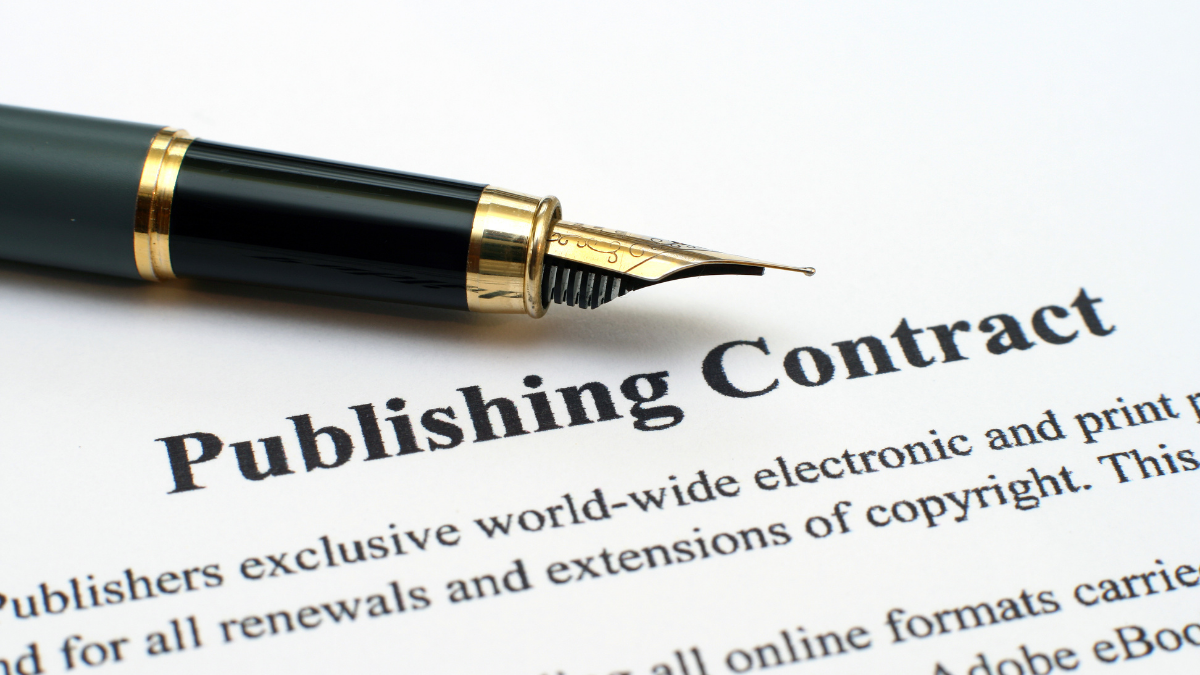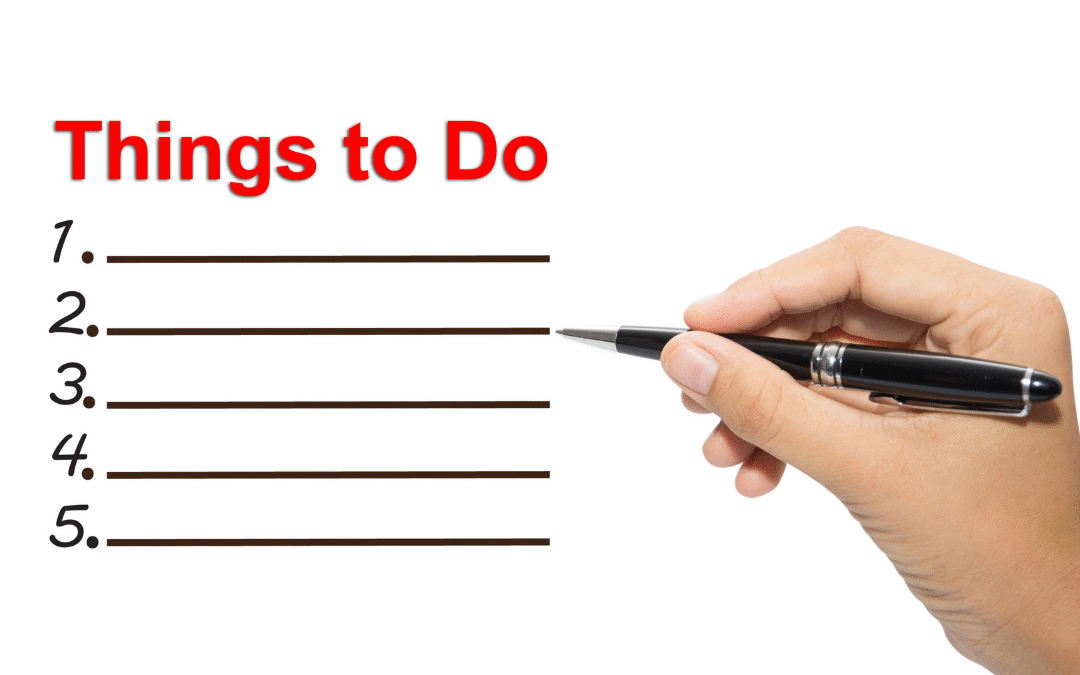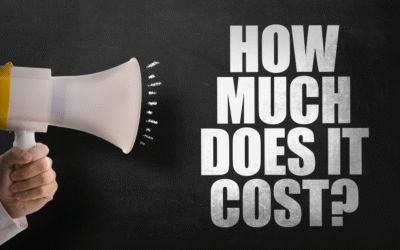Many aspiring authors, including myself, often find the process of choosing a publishing platform to be confusing and overwhelming. With so many options available, it’s important to know which platform aligns best with your goals and needs as a writer. In this post, I’ll share some helpful tips and insights that can guide you in making an informed decision, ensuring your book reaches its intended audience effectively. Let’s dive in and explore the options together!
Key Takeaways:
- Consider your target audience and the platform’s reach; choose a platform that aligns with where your readers are most likely to discover your book.
- Evaluate the types of support and resources offered by the platform, including formatting assistance, marketing tools, and royalty structures.
- Assess the platform’s reputation and ease of use, ensuring it offers a user-friendly experience for both you and your readers.
Unpacking Your Goals as an Author
Before venturing into the vast options of publishing platforms, it’s necessary to dissect your motivations as an author. Are you looking to share your expertise, connect with a specific community, or perhaps make a living from your writing? Each goal will shape your approach and influence the platform you ultimately select.
Identifying Your Target Audience
Your target audience is the heartbeat of your writing. Understanding who they are—age, interests, reading habits—helps tailor your content and the platform choices you make. If your audience is predominantly young adults, for instance, platforms like Wattpad or social media integrations might be more effective than traditional publishing routes.
Defining Your Long-Term Aspirations
Long-term aspirations provide direction for your writing career. Whether you envision becoming a bestselling author, creating a series of books, or establishing a brand around your work, these ambitions will shape your strategic decisions. Consider if you’re aiming for traditional publishing fame or self-publishing and retaining creative control—this understanding will impact everything from marketing strategies to platform selection.
For instance, if I dream of building a long-term publishing empire, I might lean toward self-publishing platforms that offer the most creative freedom and profit. On the other hand, if I aspire to land a traditional book deal, I’d seek platforms that are respected within the literary community and thought to lead to agent representation. Setting clear aspirations will guide your choices, ensuring that each step you take aligns with your ultimate vision.
Navigating the Diverse Landscape of Publishing Platforms
Exploring the array of publishing platforms available can feel overwhelming, yet understanding the distinctions between traditional, self, and hybrid publishing is vital. Each option presents unique advantages and challenges that cater to different author needs and personal goals. The right choice will not only impact your book’s success but also your journey as a writer. As we explore into these distinct pathways, consider what aligns best with your vision.
Traditional Publishing: Pros and Cons
Traditional publishing has long been the benchmark for many authors, offering prestigious backing but also requiring a significant commitment. Let’s break down its strengths and weaknesses:
| Pros | Cons |
|---|---|
| Established distribution networks | Lengthy publishing process |
| Professional editing and design services | Limited creative control |
| Higher credibility and recognition | Lower royalty percentages |
| Marketing and promotional support | Intense competition for contracts |
| Access to industry connections | Rejection can be common |
Self-Publishing: Empowerment or Overwhelm?
Choosing to self-publish means taking the reins of your book’s journey, but this empowerment can quickly turn into overwhelm without the right guidance. Between finding designers, editors, and deciding on marketing strategies, the process can be daunting. Yet, self-publishing allows for a personal touch and greater profit retention, appealing to many creators.
Self-publishing offers numerous benefits, such as complete creative control over your work and a potentially faster route to market. With platforms like Amazon Kindle Direct Publishing or Lulu, you can publish your book on your terms. However, you’ll also face the challenge of self-promotion and the responsibility of handling all aspects of the publishing process without established publishers’ support. Therefore, the journey can be both liberating and demanding, depending on your preparation and skills in navigating this new landscape.
Hybrid Publishing: The Best of Both Worlds
Hybrid publishing combines elements from both traditional and self-publishing, allowing authors to enjoy the advantages of each method. This approach can often lead to collaborative partnerships with established firms while still retaining much of the creative control typical of self-publishers.
With hybrid publishing, you gain access to professional services, such as editing and marketing, usually found with traditional publishers, while also benefiting from higher royalty rates like those in self-publishing. This model allows for greater flexibility, catering to authors who seek quality production alongside independence in their creative vision. Many authors are finding this road appealing, providing a balance that supports their unique publishing goals.
Debunking the Myths: Costs and Royalties
Many authors fall prey to misconceptions regarding the financial aspects of publishing. It’s common to hear that self-publishing is prohibitively expensive or that traditional publishing offers the best royalty rates. In reality, each platform has its own unique cost structure and potential for earnings, depending on your specific circumstances and goals as a writer.
Understanding Upfront and Hidden Costs
Upfront costs are the most visible expenses, such as editing, cover design, or platform fees. Hidden costs, however, can catch authors off guard, including marketing expenses, formatting services, or potential subscription fees. Before choosing a platform, I recommend carefully analyzing both the known and unknown costs to get a clearer picture of your investment and expected return.
The Reality of Royalties Across Platforms
Royalties vary significantly across different publishing routes. Traditional publishers typically offer 10-15% on print sales and around 25% on eBooks, but they also cover many costs up front. Conversely, self-publishing platforms, like Amazon Kindle Direct Publishing, can offer up to 70% on eBook sales, but I keep in mind that I bear all production costs. Each route has its trade-offs, and aligning my goals with the right royalty structure is necessary for my success.
When digging deeper into royalties, it’s fascinating to note how different publishers reward authors based on sales models. For instance, while a traditional route might seem to offer lower percentages, they also provide substantial support in distribution and marketing. Meanwhile, self-published authors benefit from higher percentages per sale but may need to invest more in promotion to achieve visibility. Ultimately, your choice should reflect not just potential earnings but also how much control and involvement you seek in every stage of the publishing journey.
The Importance of Marketing Support and Distribution
A strong marketing strategy can significantly boost your book’s visibility and sales trajectory, making the choice of a publishing platform all the more important. When a platform offers robust marketing support, it’s more than just a benefit; it’s an vital component for success. From promotional materials to advertising opportunities, the right platform can amplify your reach, ensuring your book lands in front of the right audience. Without effective distribution channels and marketing resources, even the best-written book can go unnoticed.
How Platforms Influence Visibility and Sales
The platform you choose can directly impact your book’s visibility and consequent sales figures. For instance, platforms like Amazon offer extensive reach due to their massive customer base, while niche platforms may cater to a more targeted audience but with limited exposure. The algorithms and promotional tools employed by different platforms also dictate how prominently your book appears in searches, which in turn drives sales.
Assessing Marketing Tools and Resources
Evaluating the marketing tools and resources provided by each platform is vital for authors aiming to maximize their book’s potential. Some platforms include social media integration or e-mail marketing capabilities, while others offer analytics to help you track your promotional efforts. It’s worth considering what types of marketing support will best suit your objectives and how easily you can leverage them to reach potential readers.
In addition to basic marketing tools like social media shares and email campaigns, some platforms may offer advanced features such as customizable landing pages or bundled promotional packages that can streamline your marketing efforts. For example, platforms that provide access to advertising campaigns on social media can enhance visibility significantly, allowing you to target specific demographics. Exploring what extras a platform includes—like promotional partnerships or author spotlight opportunities—can provide invaluable support as you navigate the often overwhelming landscape of book marketing.
Evaluating User Experiences and Author Communities
Choosing a publishing platform isn’t just about the features it offers; it also involves assessing the experiences of other authors and the strength of its community. Engaging with user reviews, forums, and social media discussions can provide invaluable insights into how well a platform supports its authors. A thriving author community often translates to better networking, collaboration opportunities, and access to vital resources that can enhance your writing journey.
The Value of Feedback from Fellow Authors
Hearing from fellow authors can help you gauge a platform’s effectiveness. Reviews on blogs, social media, and author forums may reveal underlying issues, strengths, and unique experiences that official platform descriptions might overlook. Moreover, connecting with authors who have already published can lead to practical advice and potential collaborations, helping you navigate the intricacies of the publishing process.
Engaging with Reader and Author Networks
Building relationships within reader and author networks can significantly elevate your publishing experience. Engaging with these communities encourages the sharing of information about effective practices, marketing strategies, and new trends. Participating in discussions, workshops, and events can introduce you to individuals who share similar interests and challenges, ultimately expanding your reach and influence in the industry. Many platforms facilitate these connections, making it easier for you to foster relationships that can support and amplify your work.
Networking isn’t just a buzzword; it’s an vital part of being a successful author. For instance, platforms like Goodreads and Wattpad allow you to connect directly with readers and fellow writers, opening doors to genuine feedback and potential collaborations. My own experience on these platforms showed me the value of engaging in discussions, participating in writing groups, and attending virtual book events. These opportunities not only helped me refine my writing but also led to invaluable reader connections that translated into increased interest in my work. Finding a publishing platform that actively supports this kind of engagement can really make a difference in your author journey.
Final Words
Considering all points, I know that choosing the right publishing platform for your book can feel overwhelming, but it doesn’t have to be. By evaluating your goals, understanding your target audience, and researching your options, you can find a platform that aligns with your vision. Don’t hesitate to reach out to fellow authors or communities for advice; I’ve found that sharing experiences often leads to valuable insights. Trust your instincts, and you’ll discover the best path for your writing journey!

Q: What are the key factors to consider when selecting a publishing platform for my book?
A: When choosing a publishing platform, consider the following factors:
1. Distribution: Look for platforms that offer wide distribution options, including availability in major online retailers and bookstores.
2. Royalty Rates: Compare the royalty rates offered by different platforms to ensure you receive a fair percentage of your sales.
3. User-Friendliness: Evaluate the interface and tools provided by the platform. A user-friendly system can simplify the publishing process and allow you to focus on your writing.
4. Support Services: Check if the platform offers additional services like editing, cover design, and marketing assistance, as these can significantly enhance your book’s quality and visibility.
5. Format Options: Ensure the platform supports various formats (eBook, paperback, audiobook) to reach a broader audience.
Ultimately, your choice should align with your goals, target audience, and the resources you have available.
Q: How does my target audience affect my choice of a publishing platform?
A: Your target audience plays a vital role in determining the best publishing platform. It helps to consider:
1. Reading Preferences: If your audience primarily reads eBooks, platforms like Amazon Kindle Direct Publishing (KDP) or Apple Books may be more suitable. For readers who prefer physical books, consider platforms that offer print-on-demand services.
2. Geographic Reach: Identify where your target audience is located. Some platforms offer better support or distribution in specific regions, which could help you reach more readers effectively.
3. Engagement and Community: Certain platforms have built-in communities or social features that can enhance reader engagement, such as Goodreads integration or reader reviews, which can attract more of your target audience.
By aligning your publishing choice with the preferences and habits of your target audience, you increase the chances of your book’s success.
Q: What are the differences between traditional publishing and self-publishing platforms?
A: The main differences between traditional publishing and self-publishing platforms include:
1. Control: With self-publishing, you retain full control over the content, cover design, and marketing, while traditional publishing often involves negotiating contracts that may limit your creative freedom.
2. Timeframe: Self-publishing usually allows for a quicker release, as authors can publish their work as soon as they are ready. Traditional publishing can take months or even years to get to market due to the lengthy submission and approval processes.
3. Financial Investment: Self-publishing often requires upfront costs for services like editing and design, whereas traditional publishers typically cover these expenses. However, authors in traditional publishing receive an advance and royalties, while self-published authors must handle their own marketing to generate sales.
Ultimately, the choice between the two will depend on your goals, budget, and willingness to take on various responsibilities associated with the publishing process.








